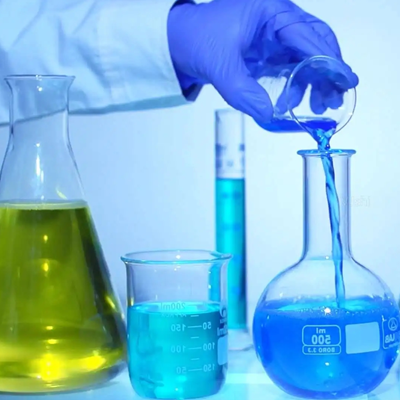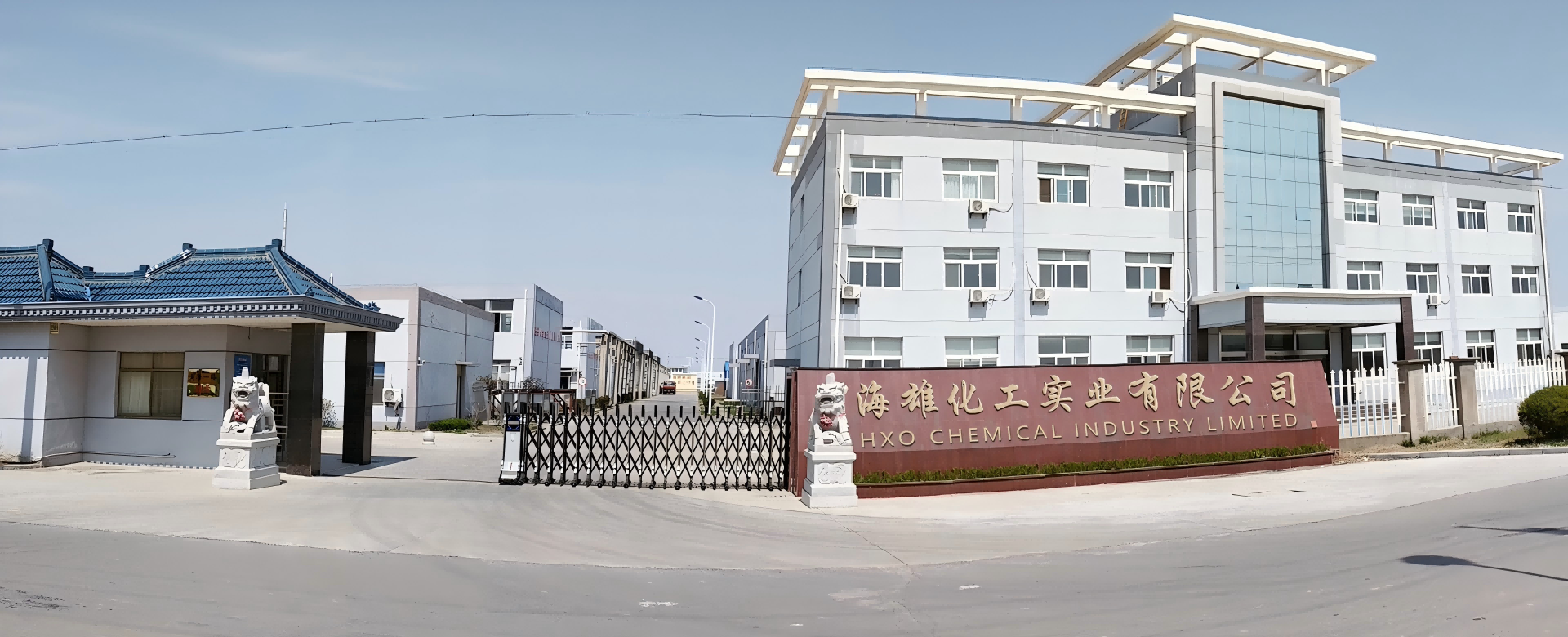application mechanism Tetrakis hydroxymethyl phosphonium sulfate
Tetrakis hydroxymethyl phosphonium sulfate(THPS) is an environmentally friendly, residue-free oilfield bactericide (CAS NO. 55566-30-8). It can be compounded with various other types of bactericides and can be used alternately with glutaraldehyde to reduce resistance. The bactericidal mechanism of THPS is relatively complex. It is only one carbon atom long, meaning it does not cause foaming and does not exist at interfaces or matrices. Quaternary phosphate salts carry a positive charge and can be selectively adsorbed by negatively charged bacteria. It penetrates the bacterial surface into the cell membrane, hindering semi-permeability and further entering the cell interior, inactivating cellular enzymes and preventing the production of proteases, thus denaturing proteins and killing bacterial cells. Its lipophilic groups can dissolve and damage the lipid walls of the cell surface, altering the physicochemical properties of the cell protoplasmic membrane, leading to bacterial death. Its main applications are roughly as follows:
1. Bactericidal effect, targeting oilfield extraction and water treatment. Its phosphorus atom has three oxidation states, and phosphorus can also have five oxidation states, thus possessing rapid bactericidal ability.
2. Inhibition of microorganisms, with excellent control over microbial reproduction in industrial cooling water systems. Tetrakis hydroxymethyl phosphonium sulfate is an effective indoor disinfectant, inhibiting the growth of bacteria and fungi.
3. As a flame retardant, THPS-U is widely used in the flame retardant application of pure cotton and leather, demonstrating good flame retardant effects.
4. It has significant effects on aquatic bottom improvement. Tetrakis hydroxymethyl phosphonium sulfate is a classic bottom sediment improvement product in aquaculture. It effectively degrades toxic substances such as ammonia nitrogen, nitrite, hydrogen sulfide, and heavy metals in water, and decomposes harmful substances such as uneaten feed, excrement, and dead animal, plant, and algae sediments at the bottom of the pond. It can completely eliminate putrefaction phenomena such as blackening, heating, foul odor, and fishy acidity of bottom mud, and effectively degrades algal toxins and other biological toxins. It removes fishy odors from water and pond bottoms, decomposes viscous substances in water, and effectively regulates undesirable vertical stratification phenomena such as dissolved oxygen, temperature, bottom heat, and nutrient salts. Tetramethylphosphonic acid improves water transparency in aging ponds with compacted, saline-alkali, and foul-smelling bottoms, ensuring normal photosynthesis of plankton and significantly deodorizing. It is particularly suitable for improving bottom sediment during sudden changes in water quality, severe weather, and disease outbreaks, and can significantly enhance the stress resistance of aquatic animals.
 The Purification Effect of Cal
The Purification Effect of Cal
 What are the decomposition res
What are the decomposition res
 Flame Retardant Mechanism of M
Flame Retardant Mechanism of M
 How to Match the Decomposition
How to Match the Decomposition


